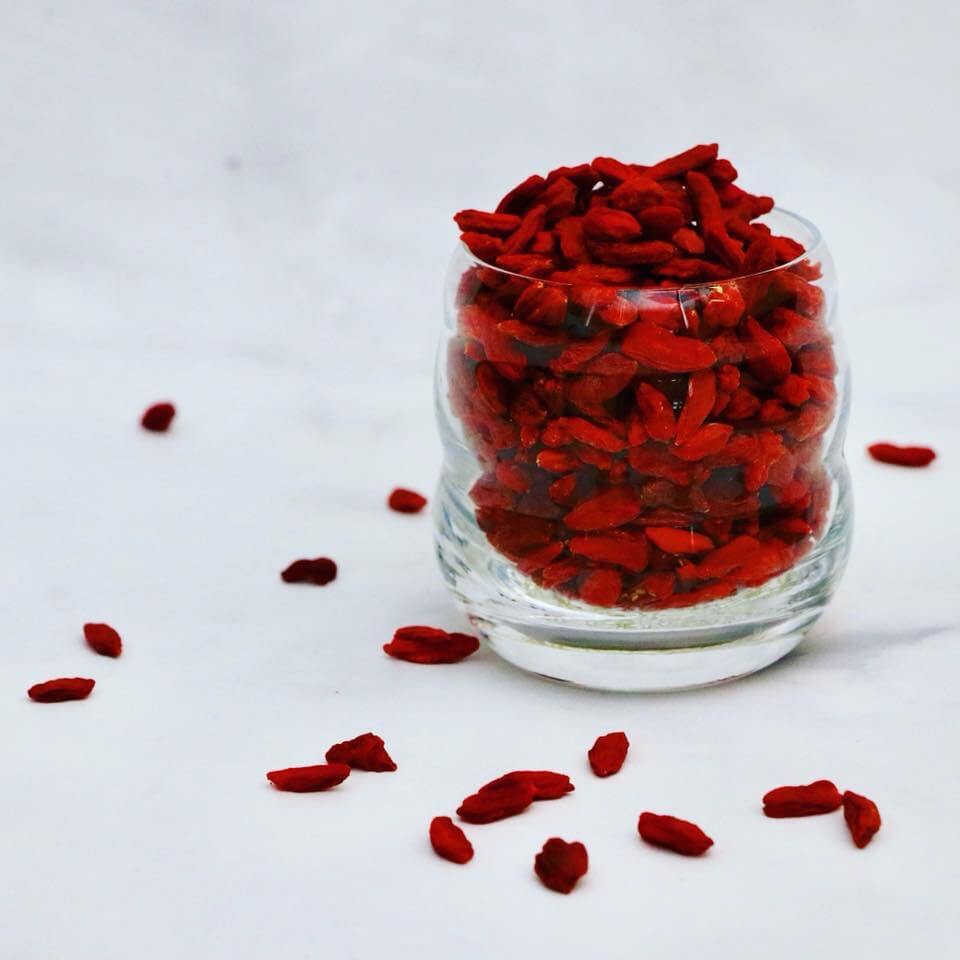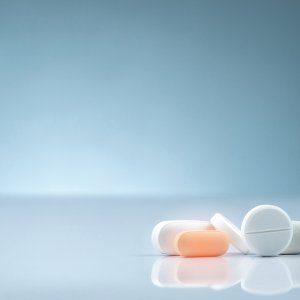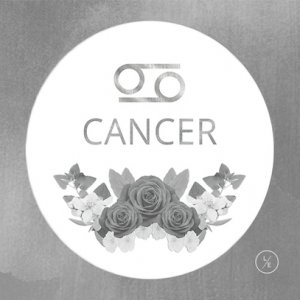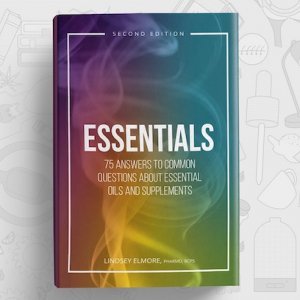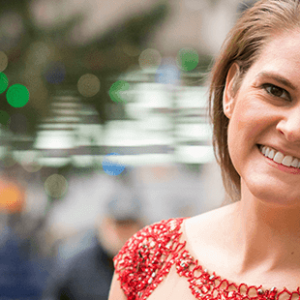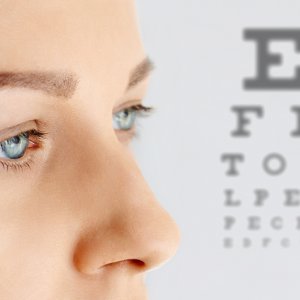Oh the goji berries. Our favorite nightshade.
A question that comes up again and again is are wolfberries safe for people that have autoimmune disease? Additionally, do they have the ability to cause inflammation?
Nightshades such as potatoes, tomatoes, okra, eggplant, and bell peppers contain solanines, alkaloids, and lectins that, in some people, can worsen inflammation.
I spent more than a week researching whether wolfberries carry the same inflammatory potential as other plants in this family. Here is my conclusion.
After a long search…
I have found no evidence that wolfberries can cause inflammation. Do they have solanine? Yes. Lectins? Yes. Alkaloids? Yes again. However, I was unable to find any data that specifically linked goji to inflammation. My conclusion is that wolfberries get held guilty by association, but there is no evidence that they specifically can cause inflammation like other nightshades can.
If you find a study that shows that goji – NOT nightshades, solanines, lectins, or alkaloids, but wolfberries specifically – cause inflammation, please send it to me for review. I will instantly change my opinion if there is decent data for it.
Know your body.
That said, if you do eat goji and experience worsening of inflammatory conditions, then there is nothing wrong in admitting that it isn’t the perfect product for you. You can feel free to pick another product and go to town. Products vary for everyone, so know your body and use your own discernment in giving it what you think is best.
